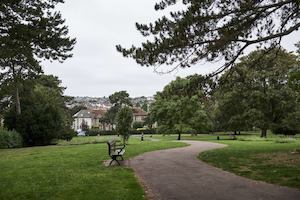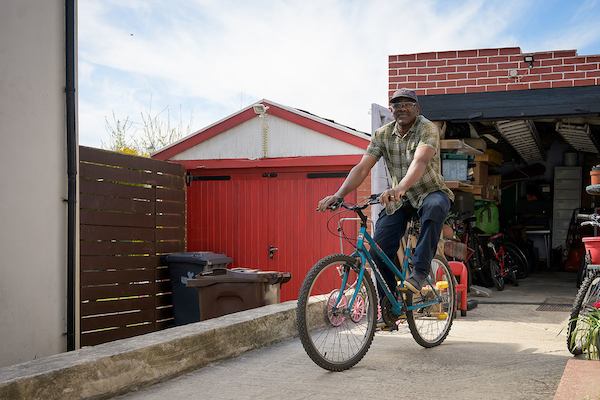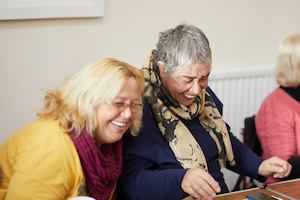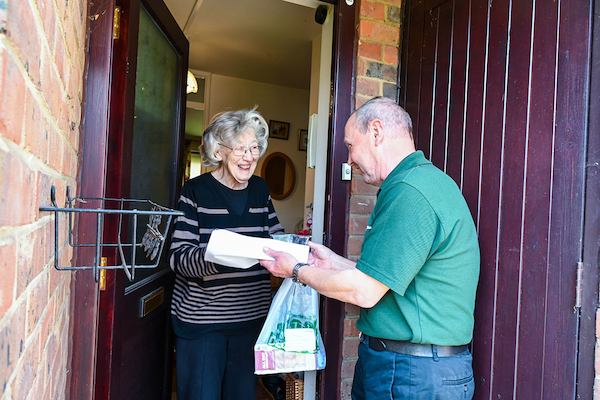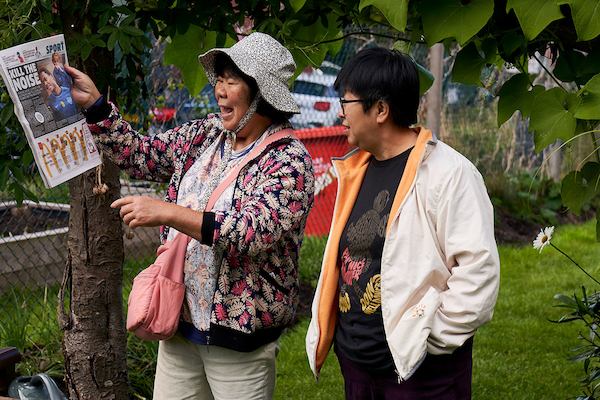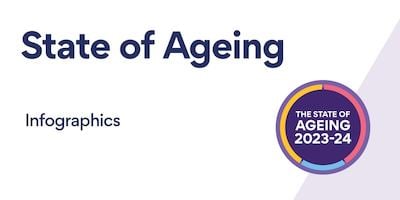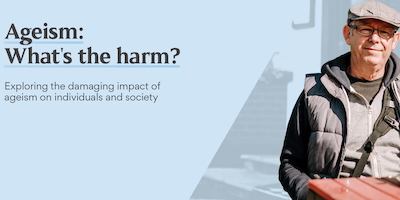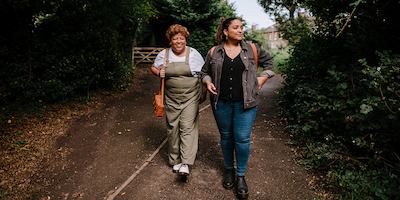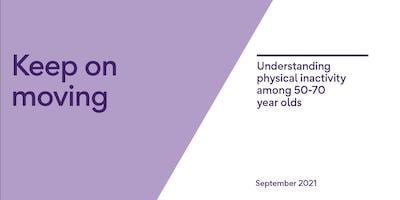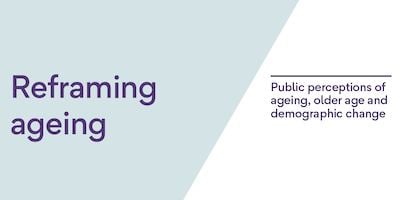Political parties urged to include commitment to Commissioner for Older People and Ageing in election manifestoes
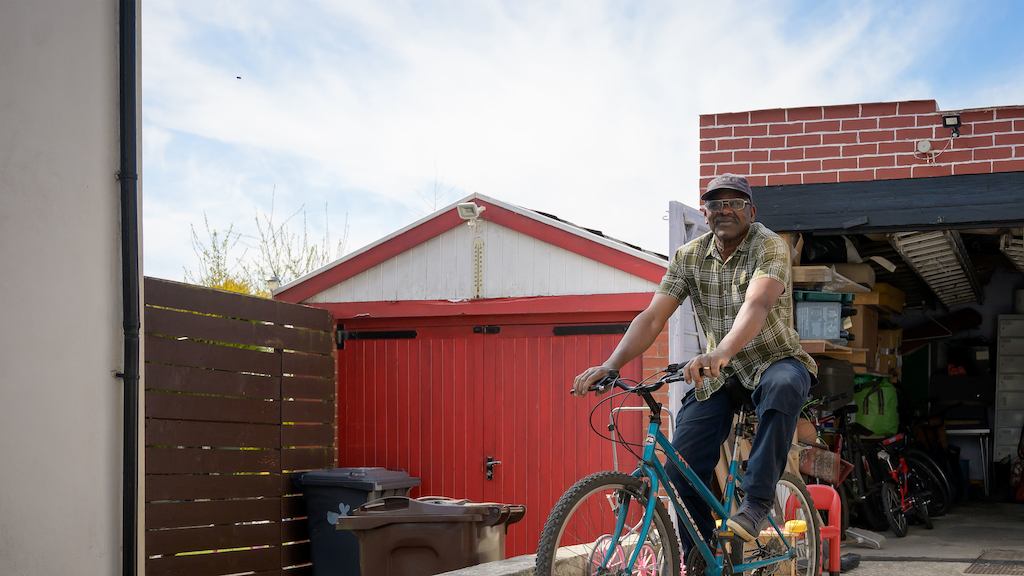
Four leading older people's organisations are calling on political parties to commit to the creation of a Commissioner for Older People and Ageing during campaigning for the General Election.
The campaign for a commissioner representing older people in England has been running for more than a year and has just been boosted by an endorsement from the Women and Equalities parliamentary committee.
Campaigners are calling on all political parties to commit to establishing a Commissioner for Older People and Ageing for England (COPA) in their election manifestoes after the concept received a resounding endorsement from a committee in the last days of this Parliament.
The Centre for Ageing Better, Age UK, Independent Age and the National Pensioners’ Convention are calling on all parties to create an independent commissioner to focus attention on the issues facing people in later life and facilitate the long-term, cross-government planning needed for a growing ageing population.
The Women and Equalities Committee (WEC) has endorsed the creation of a Commissioner for Older People and Ageing in England saying the case for the creation of such a role is "overwhelming".
On Friday, committee chair Caroline Nokes announced she had written to Women and Equalities Minister Kemi Badenoch and Shadow Secretary of State for Women and Equalities Anneliese Dodds saying, based on the evidence the committee has collected on the prevalence of ageism in England, the committee strongly supported the creation of a commissioner role similar to the position which already exists in Wales and Northern Ireland.
The four organisations have been leading on a campaign for the creation of a commissioner for over a year with more than 80 national organisations signing a consensus statement in support of the idea.
A petition of more than 36,000 signatures backing the COPA campaign was delivered to party political leaders last month.
Dr Carole Easton OBE, Chief Executive at the Centre for Ageing Better, said:
“As political parties will spend the next six weeks trying to convince voters they have the policies to make this country better, we really feel that creating a Commissioner for Older People and Ageing is a manifesto promise all parties can commit to.
“We’re delighted with the endorsement of the proposal from the Women and Equality Committee which has collected a sizeable amount of evidence of the harm and prevalence of ageism within society today.
“We are also pleased that the committee has recognised that the current structures of government do not allow for this country to properly respond and prepare for the challenges and opportunities of our growing ageing population and that change is needed.
“The public has spoken on this issue and it is clear there is huge popular support for a Commissioner for Older People and Ageing. This general election gives all political parties an opportunity to show they hear those concerns and are willing to take action.”
Joanna Elson CBE, Chief Executive of financial hardship charity Independent Age, said:
“It is fantastic that the voices of older people have been heard and acted on by the Women and Equalities Committee, after some members of the Committee came with us to meet people with lived experience and heard their unanimous support for a Commissioner.
“It has never been more important for people in later life, who often tell us they feel invisible and like their views are ignored, to have an independent champion at the heart of government who can ensure that none of us are left out of the conversation as we age.
“We look forward to seeing even more progress on the appointment of a Commissioner who can build on the excellent track record that the Commissioners in Wales and Northern Ireland have in improving life for older people.”
Jan Shortt, General Secretary of the National Pensioners’ Convention, said:
“We welcome the Chair of the Women & Equality Committee’s stance on a Commissioner for Older People in England.
"The many issues facing older people need an independent voice – a Commissioner who will raise these matters directly with the government and those departments that need to take action to ensure older people are respected and can lead dignified lives.”
The campaign proposes that a Commissioner for Older People and Ageing would address inequalities, help government deal with the challenges of an ageing population, have official powers to investigate relevant issues, and challenge age-based discrimination.
They would also have a say in policy and legislation and suggest ways to tackle inequalities in later life, providing best practice and expertise to support the diverse needs of older people, in areas such as uptake of entitlements like Pension Credit.
It is also proposed that a commissioner would act as an advocate and give older people a real voice that reflects their views and experiences. They would challenge negative stereotypes and promote positive views of ageing and the contribution older people can make to society.
Members of the campaign, including Dr Carole Easton OBE of the Centre for Ageing Better, Caroline Abrahams CBE of Age UK and Joanna Elson CBE of Independent Age, gave evidence at the Women and Equalities Committee hearing in January this year alongside Older People’s Commissioner for Wales Heléna Herklots CBE.
The committee also heard from older people directly, bringing together community champions from across the country for a separate evidence session.
The committee was told by the experts that ageism is a normalised and accepted form of discrimination which is widespread in the UK.
Committee members were also told there was a “structural problem” within government which struggles to think about age and to take the issue of ageism seriously.
Evidence given also indicated that children as young as four believe negative ageist stereotypes about older people.
In her letter, WEC Chair Caroline Nokes writes:
“Despite the UK’s ageing population and the fundamental challenges and opportunities this presents for government policy, there is insufficient focus on ageing and older people in the machinery of government and wider governance framework…I believe that the case for a Commissioner for Older People’s Rights in England is now overwhelming.
“There is strong evidence of very high prevalence of harmful ageist attitudes and discrimination across UK society. In every area we examined, there was evidence that ageism is not treated as seriously as other forms of discrimination, despite a wealth of evidence on its harms to individuals and society.
“This is reflected in media, advertising and press standards and codes; recruitment and employment practices; and the exceptional way the Equality Act treats age as a protected characteristic.”

